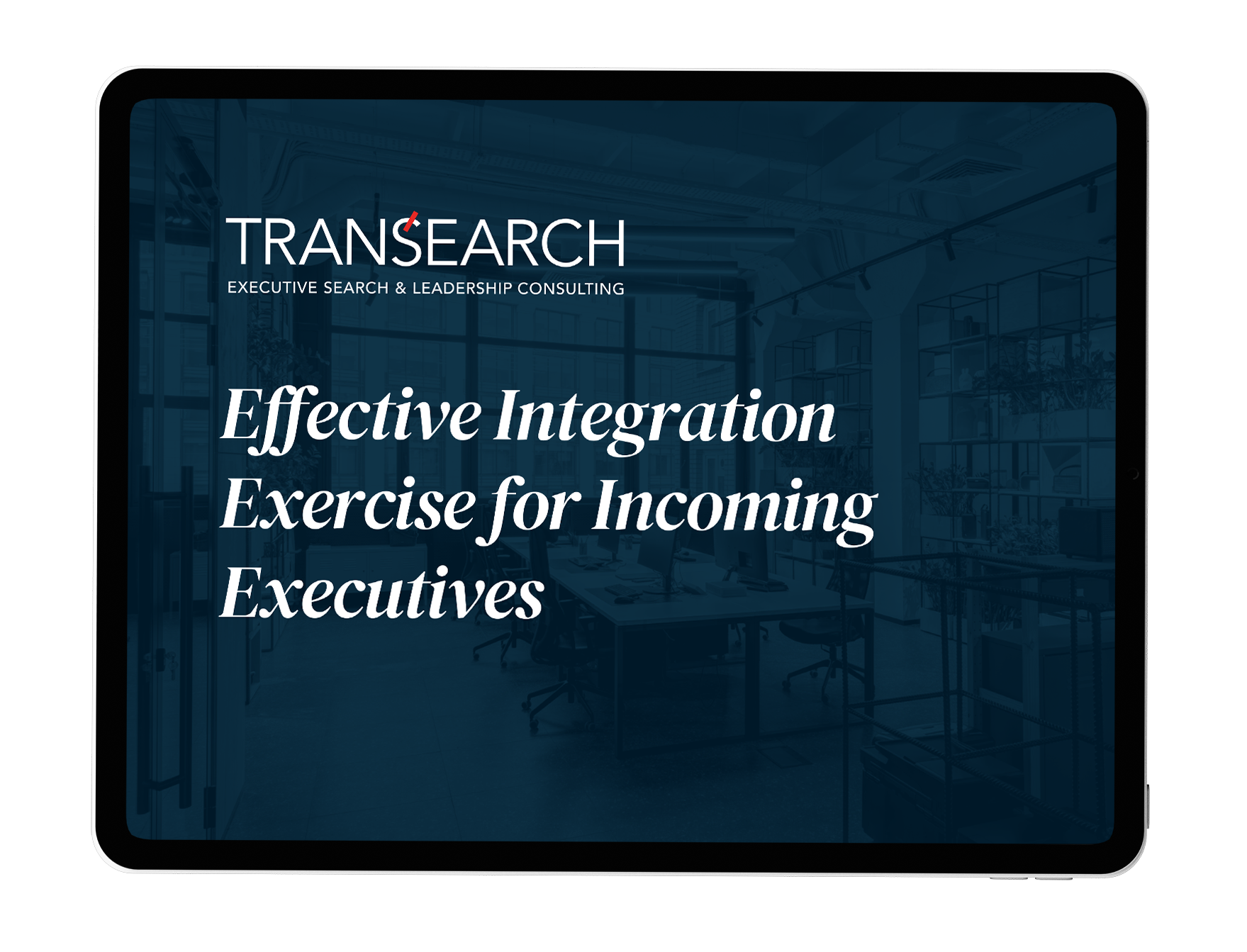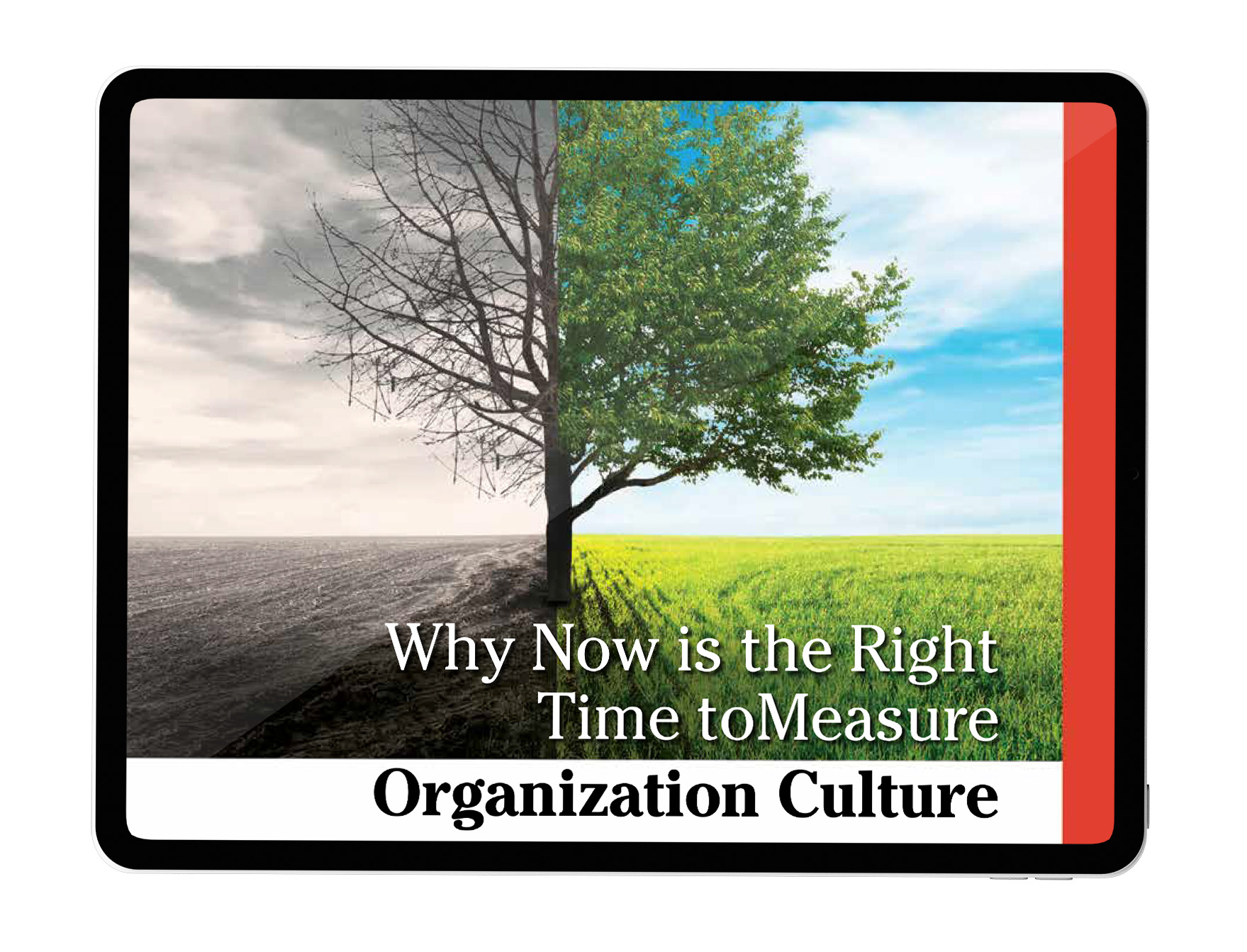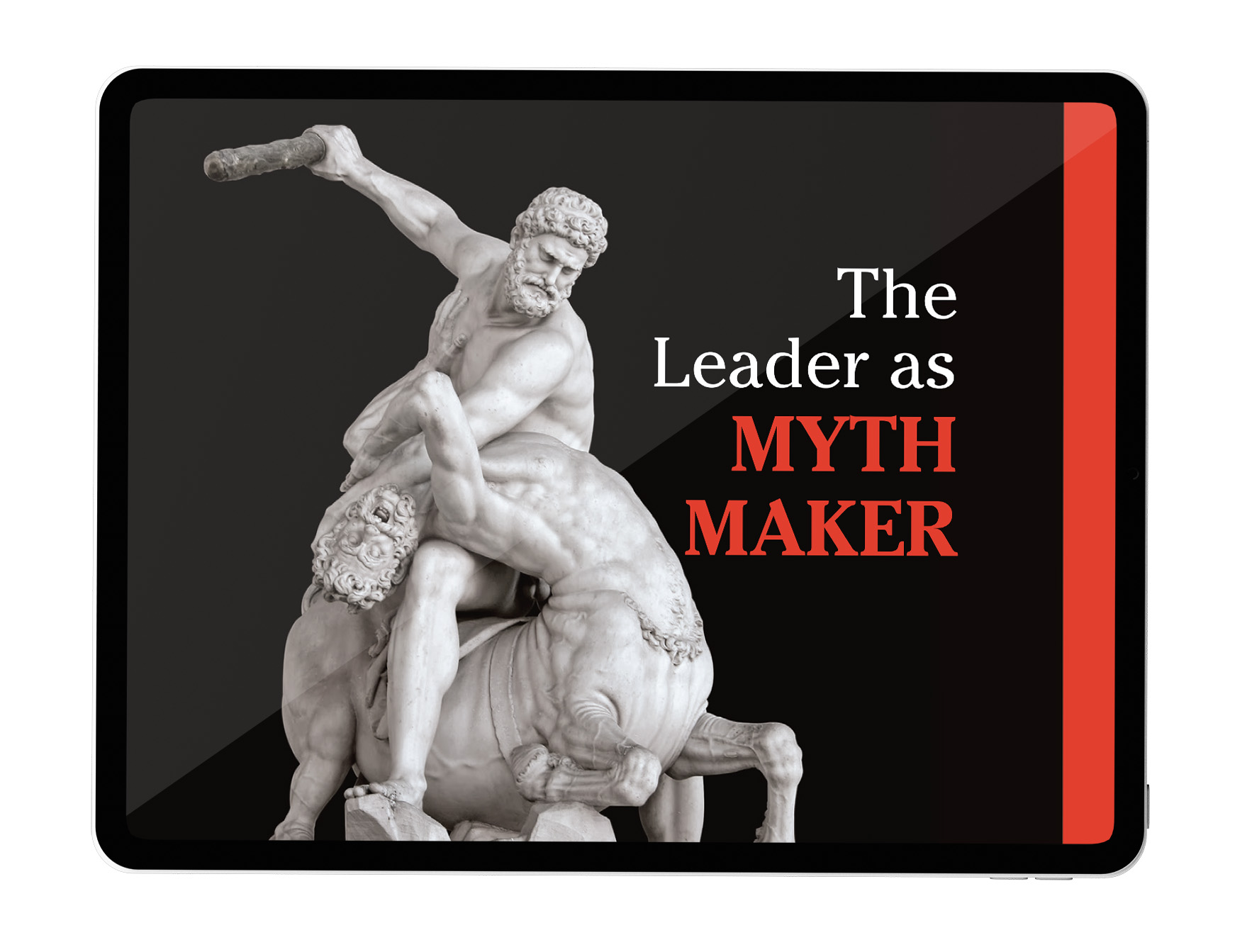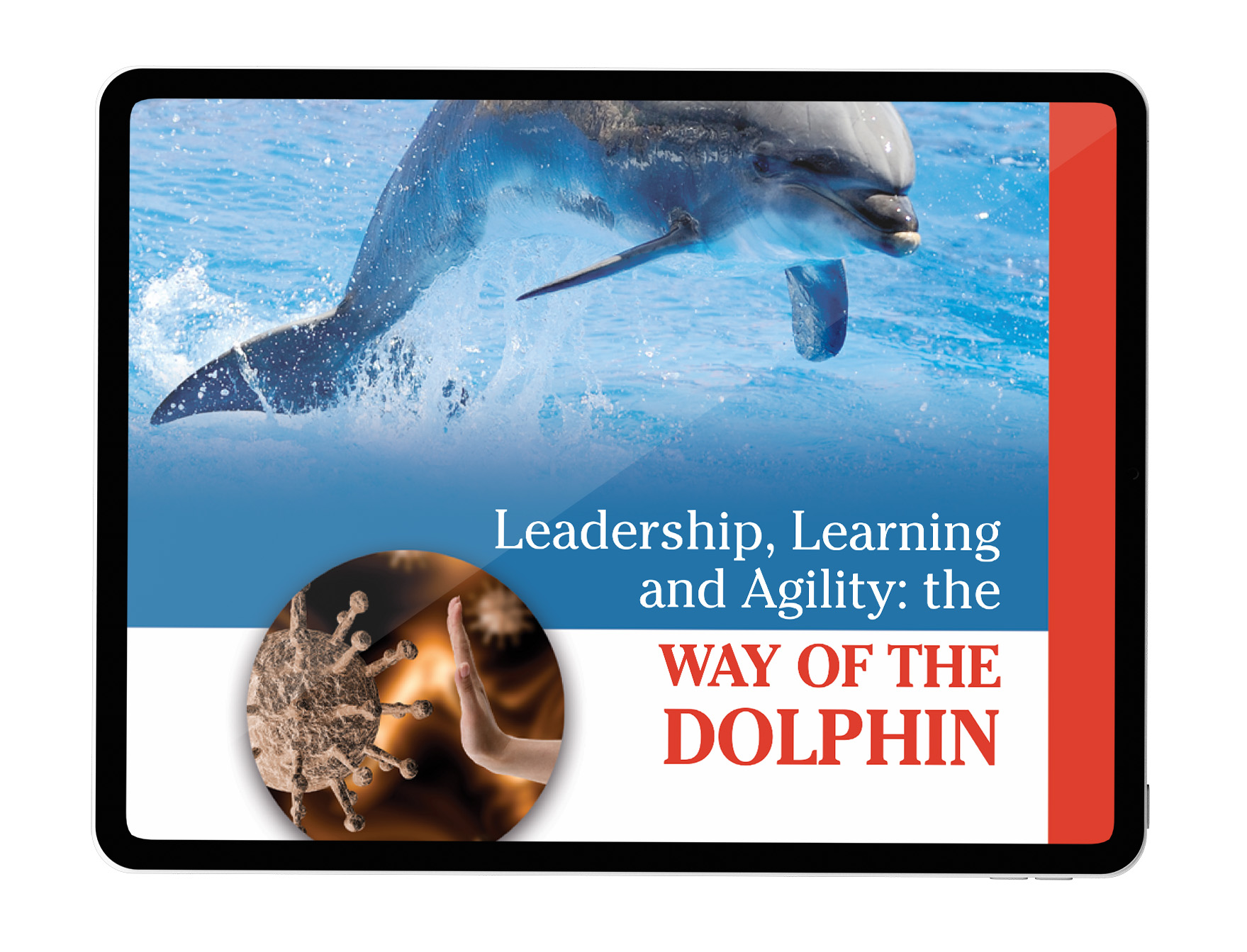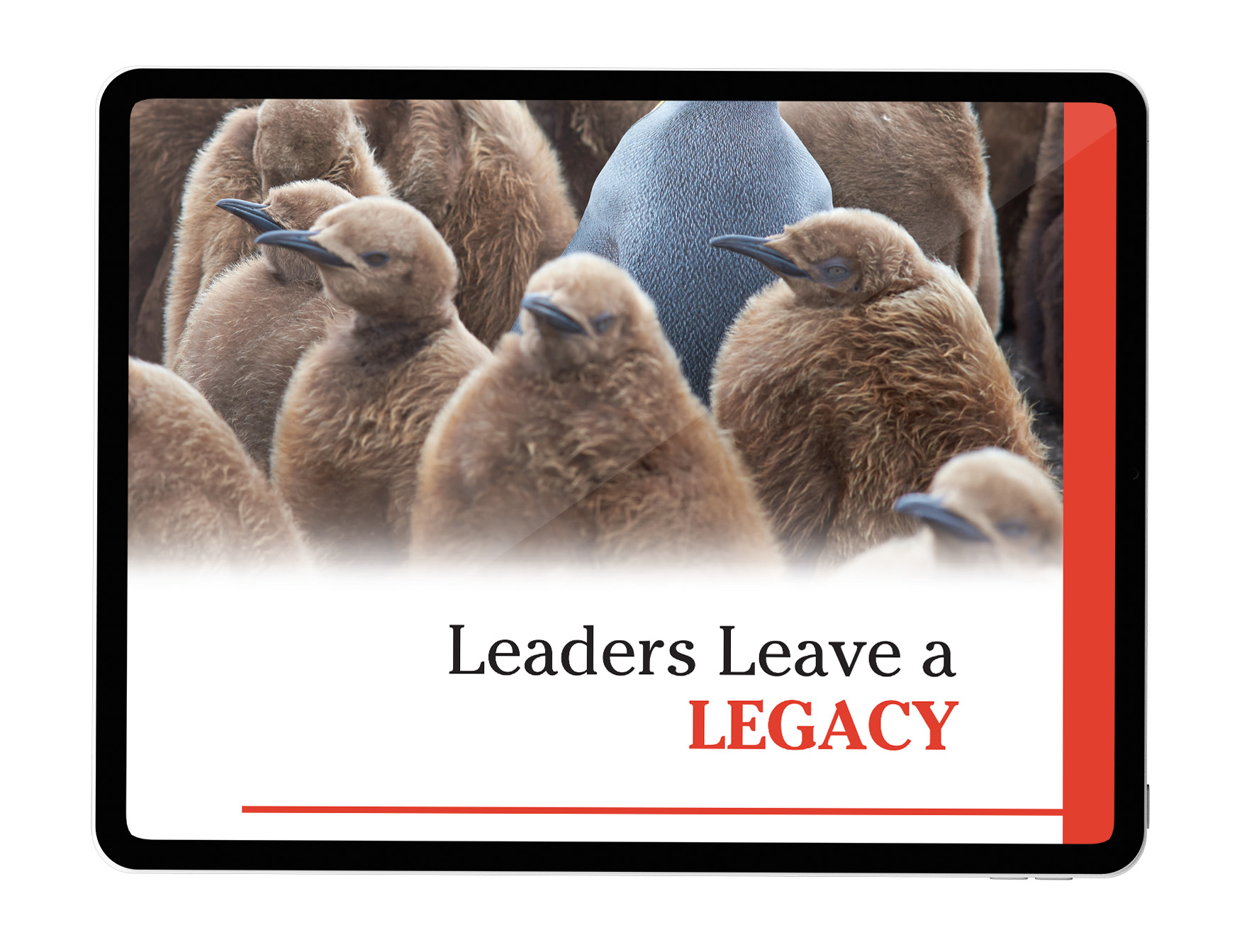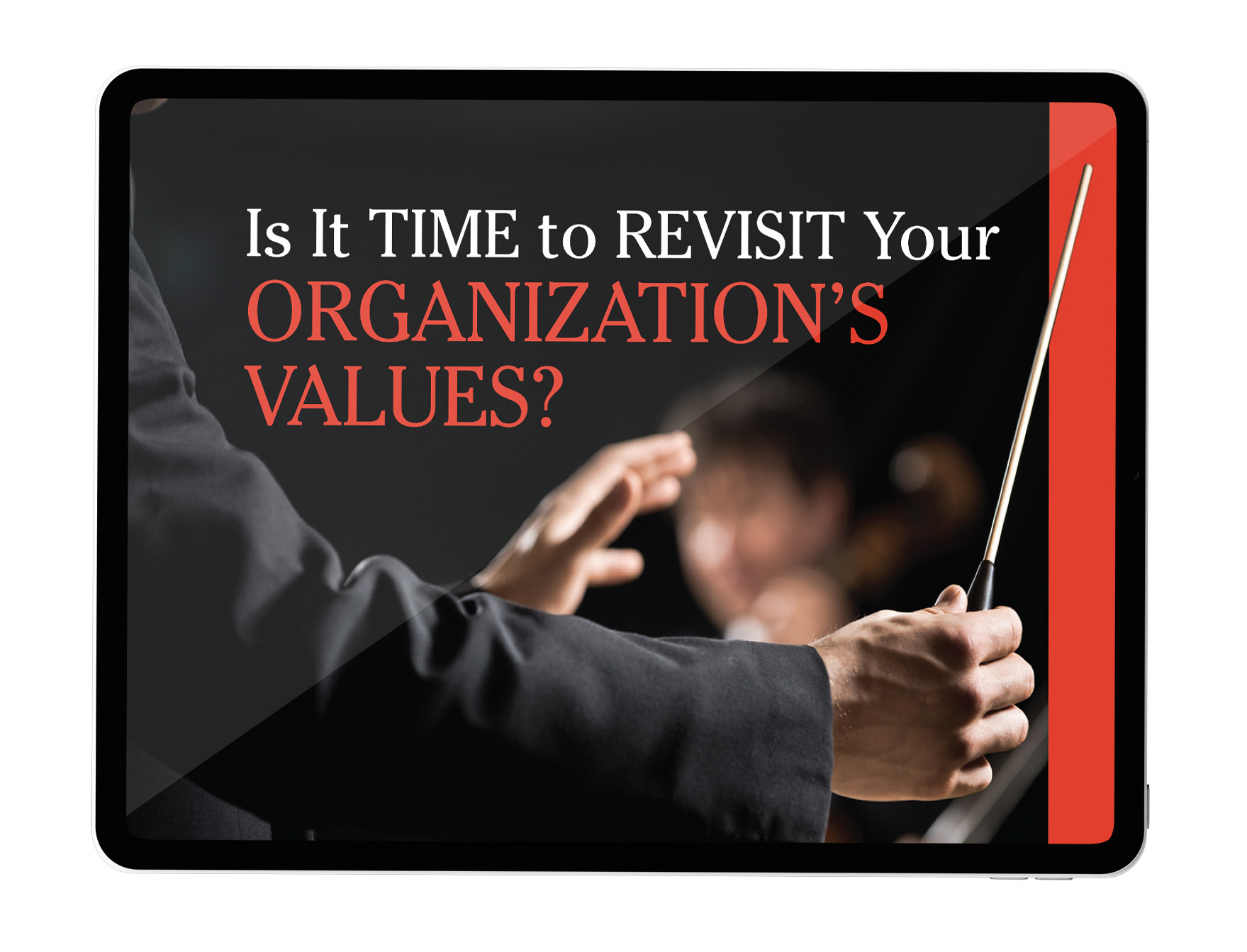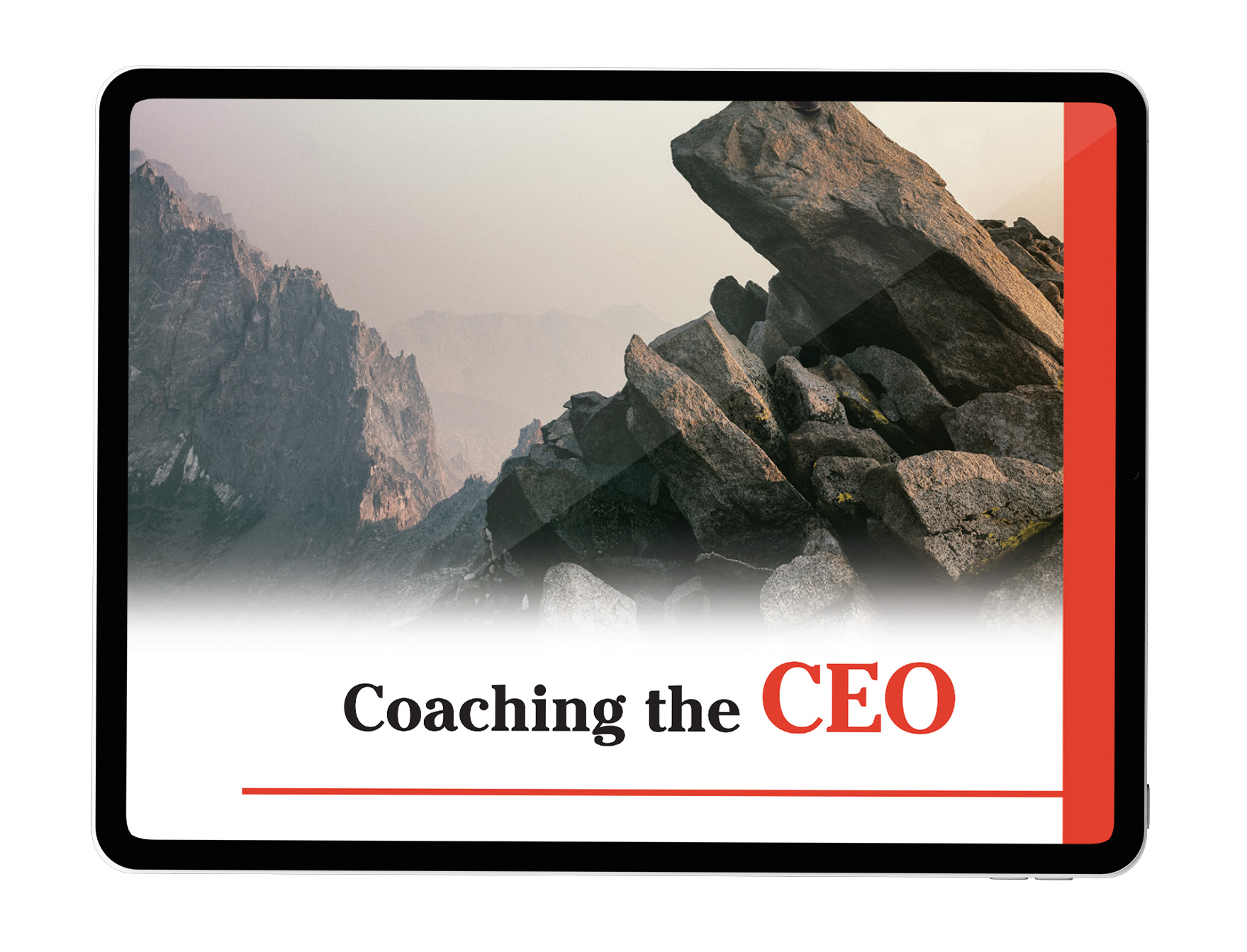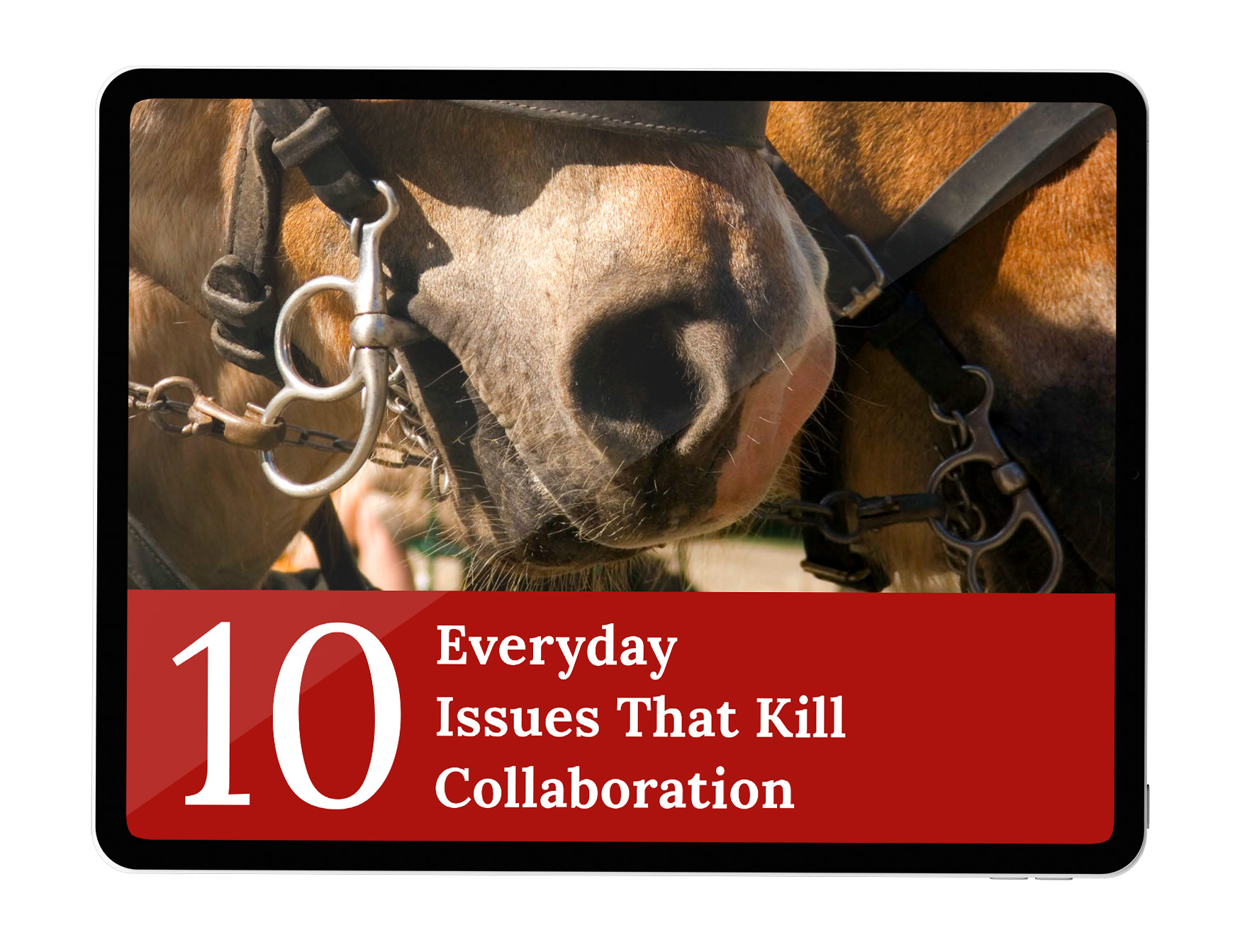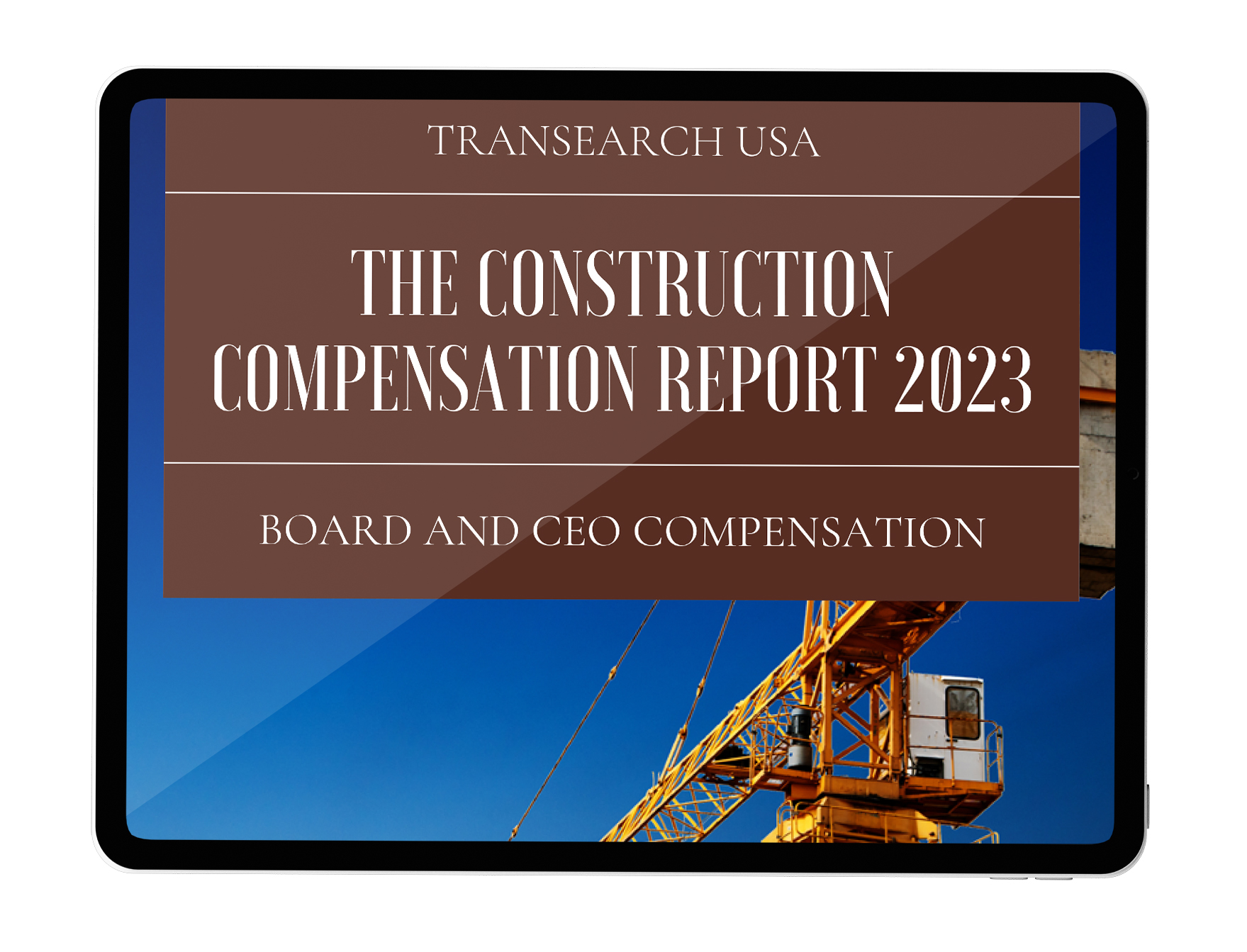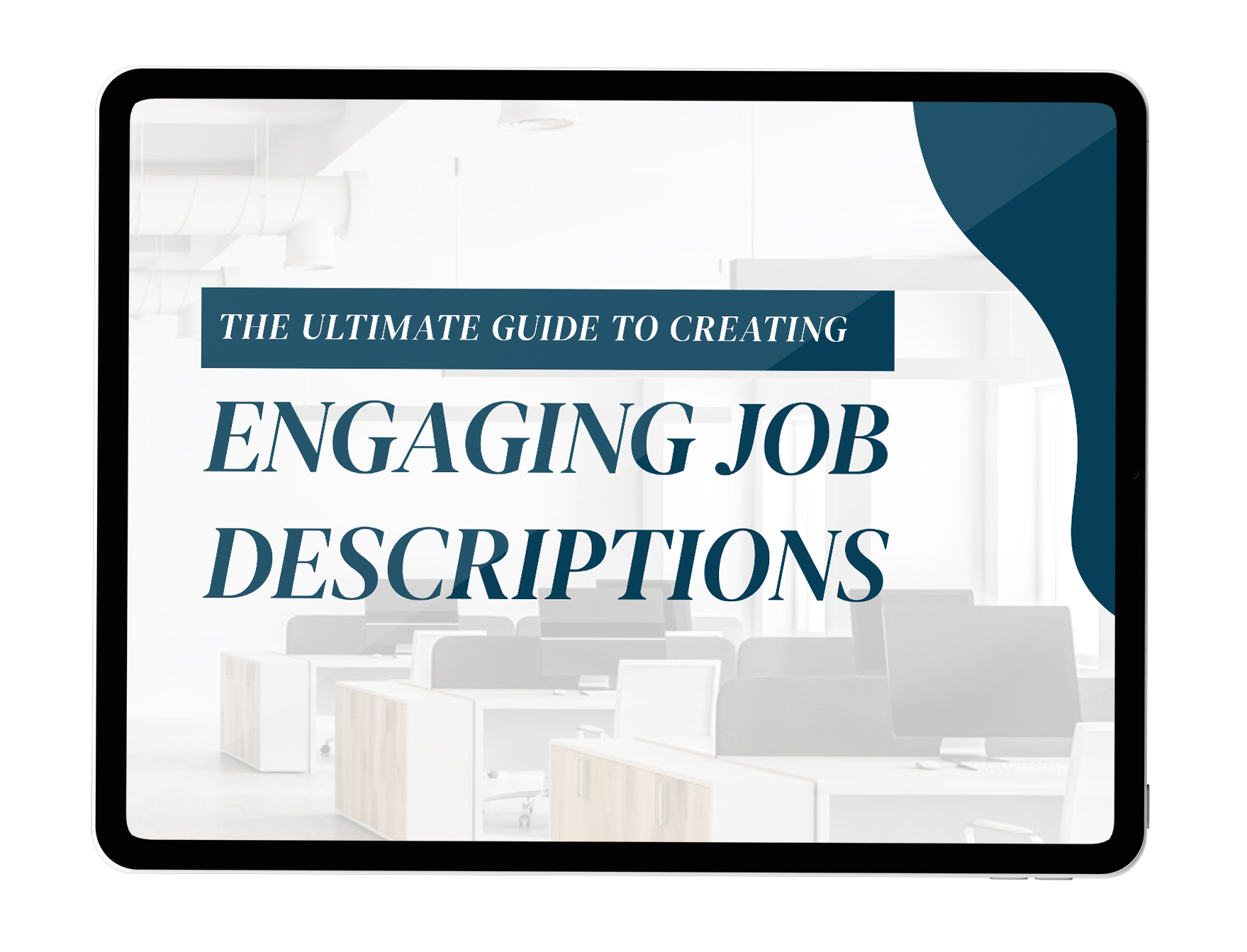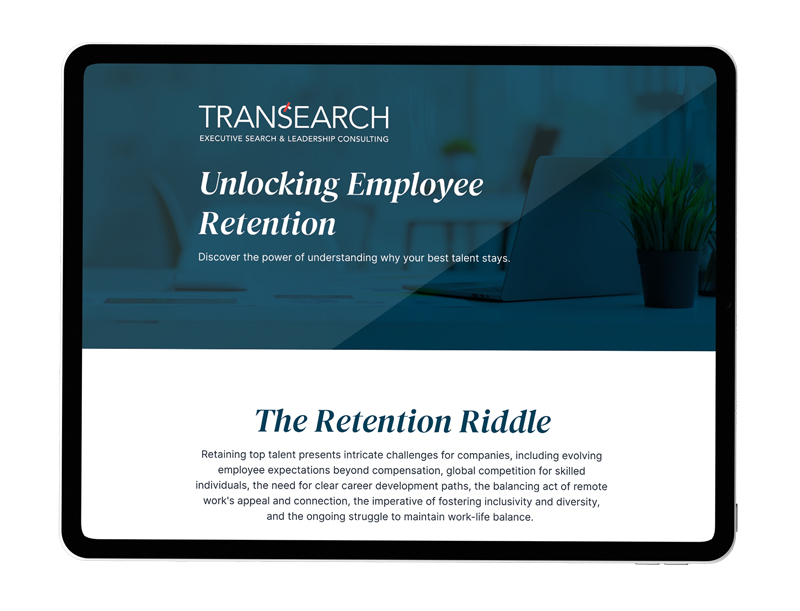As a hiring manager, one of the most crucial aspects of your job is understanding what motivates your potential candidates to accept the role. This can be difficult, as different candidates have different motivations, goals, and priorities.
By understanding what motivates your candidates, you can create a tailored hiring approach that can help you attract the best talent for your business and reduce employee turnover rates.
Let’s explore the key factors that motivate potential candidates to accept the role, including salary, company culture, career advancement, work-life balance, and benefits.
Salary
Salary is one of the most important factors motivating candidates to accept the role. Most candidates will expect a fair salary that reflects their skills, experience, and level of responsibility.
If the salary package is below their expectations, they will likely turn down the role. Therefore, it’s essential to research the market rate for the role and offer a competitive salary that not only attracts the best talent but also retains them.
Company Culture
Company culture is another critical factor that can motivate candidates to accept the role. Candidates will assess your company’s values, mission, and work environment to determine if it aligns with their personal values and goals.
For that reason, promoting your company culture during the recruitment process can help you attract candidates who share your company’s vision and standards.
Career Advancement
Candidates want to know if the role offers growth and career advancement opportunities. If they perceive no opportunity for growth, they’re more likely to decline the role.
To avoid this, it’s essential to highlight potential opportunities for career growth within your organization during the recruitment process, which can motivate candidates to accept the role.
Work-life Balance
In today’s fast-paced world, candidates seek a balance between work and personal life. Candidates want to know if they have a flexible work schedule or if the company offers remote work options. Providing such benefits can help motivate candidates to accept the role.
Benefits
Offering a comprehensive benefits package can be a significant motivator for candidates to accept the role. Candidates will look for great health, life, and disability insurance benefits, retirement plans, paid time off, and other perks. Additional benefits can add much value to the candidate’s decision to accept the role.
Understanding what motivates potential candidates to accept the role is critical in attracting and retaining the best talent in your business. It’s essential to tailor your hiring approach and portray the company culture and available opportunities that can align with the candidate’s values and goals.
Adopting a personalized hiring approach can help you understand your candidates better and create an ideal candidate experience that can help you attract the best talent.











